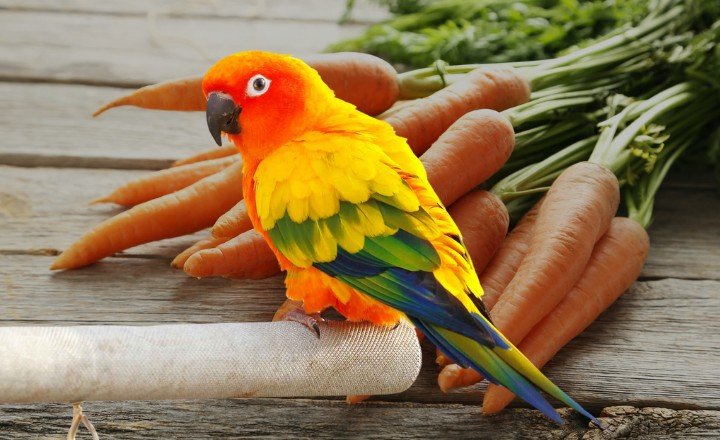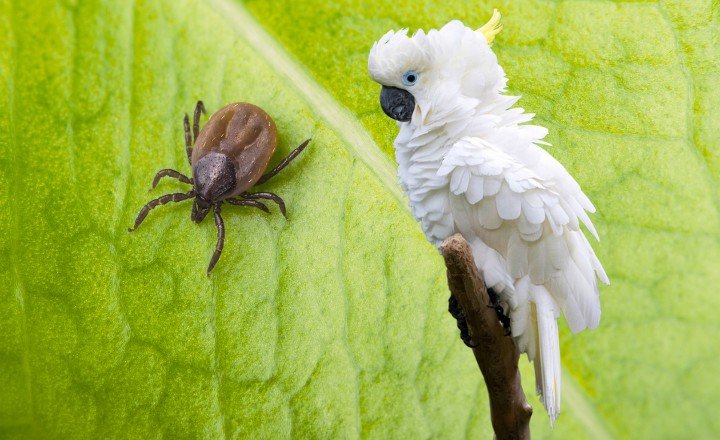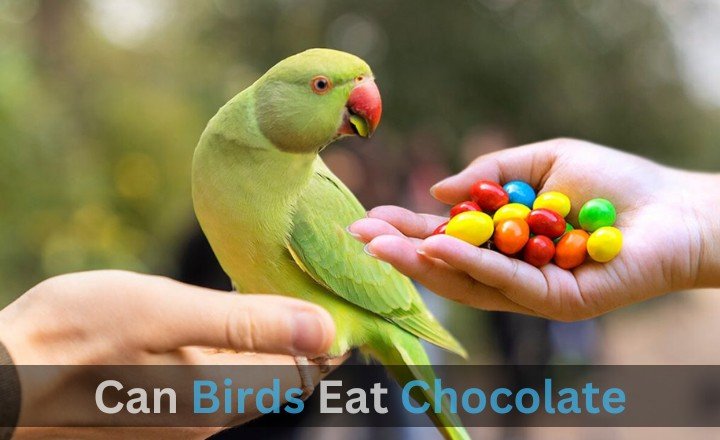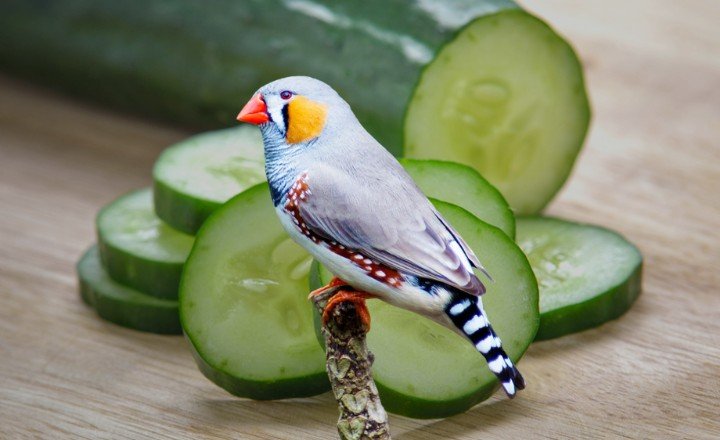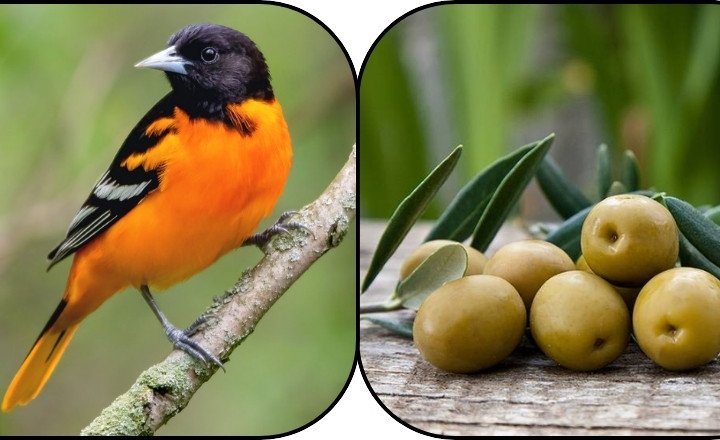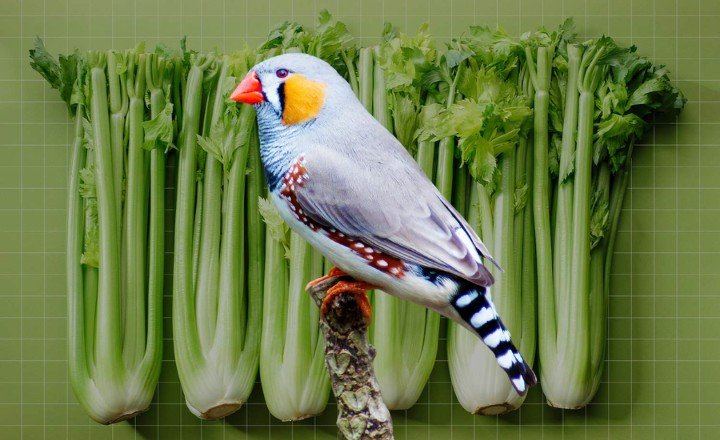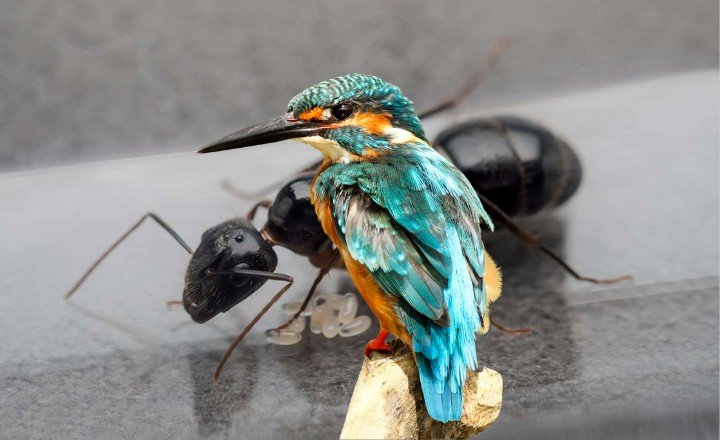Can Birds Eat Carrots? Advantages of Carrots For the Birds
As a birdwatching enthusiast, I’ve always been captivated by our feathered friends’ vivid colors and lively antics. Each time I venture into nature, my excitement peaks when I spot a stunning cardinal perched on a branch or a flurry of finches fluttering about. As much as I adore observing their behaviors in the wild, I’ve often wondered about their diets specifically, whether these avian wonders can indulge in something as humble as carrots.
Imagine standing in your kitchen, prepping a fresh salad, while glancing at your backyard birds pecking away at seeds and berries. This raises the intriguing question, Can birds eat carrots?
What are the Carrots?
Carrots, often mistaken for mere orange roots, are a treasure trove of nutritional benefits and culinary versatility. While they share the spotlight with leafy greens like Spinach and sturdy vegetables such as cabbage, carrots carve out their niche in the health food arena.
Rich in beta-carotene, converted into vitamin A in the body, these vibrant veggies play a crucial role in maintaining eye health and enhancing immune function. But did you know that their vibrant color isn’t just for show? The intense hue is indicative of powerful antioxidants that combat oxidative stress.
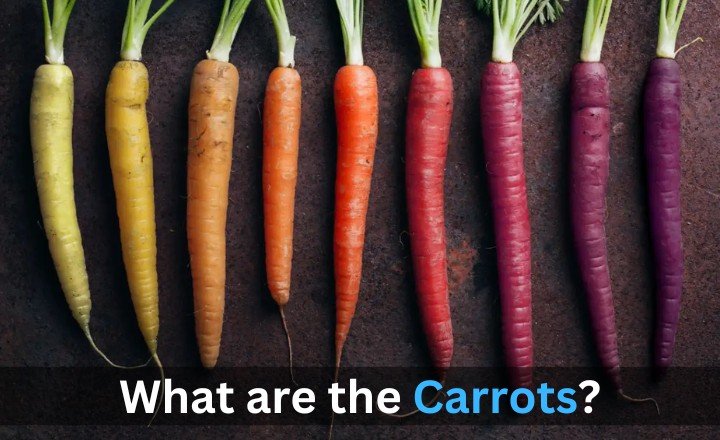
In addition to their impressive nutrient profile, carrots also hold a special place in various cultures around the globe. They can be roasted to caramelize natural sugars or shredded into salads alongside crunchy Cabbage for a textural delight.
Can Birds Eat Carrots?
When considering birds’ diets like Owls and Hawks, one might wonder about the role of vegetables such as carrots. While these raptors primarily thrive on a meat-based diet comprising small mammals, birds, and insects, incorporating plant matter can occasionally offer an intriguing twist to their nutritional intake.
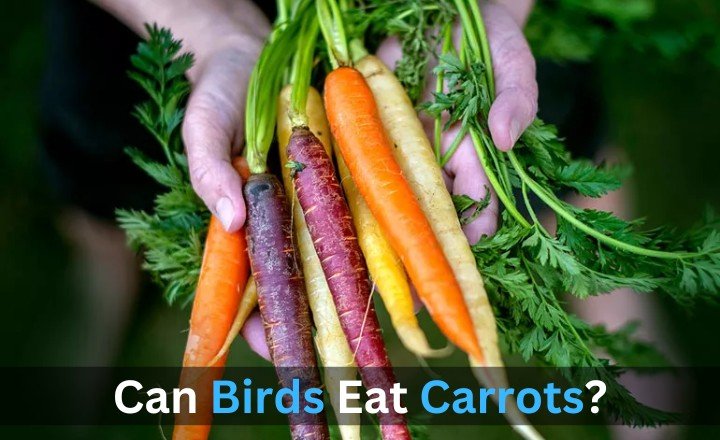
Carrots are rich in Beta-Carotene, which converts to vitamin A, a nutrient beneficial for vision and overall health in many animals. Owls and Hawks likely would only seek out carrots in their natural environments if their evolution equipped them with specialized hunting skills that prioritize protein.
Some bird enthusiasts have noted that when presented with finely chopped or pureed carrots during rehabilitation or feeding programs, certain species may nibble at these bright orange roots out of curiosity rather than necessity.
This observation opens a dialogue on the adaptability of birds regarding dietary exploration, while they aren’t natural consumers of veggies like carrots in the wild, they may still benefit from occasional exposure to diverse food sources. For those caring for pet birds or engaging with wild ones at feeders, understanding this flexibility might lead to creative offerings that enhance both nutrition and enrichment never underestimate a curious owl or hawk!
Are Carrots Healthy For the Birds?
Carrots can be a nutritious snack for certain bird species, but the benefits might vary depending on location and bird anatomy. In places like Michigan, where winter months soil natural forage options, introducing fresh vegetables like carrots can provide essential vitamins and hydration to backyard birds.
It’s important to consider how birds consume food carrots are tough and may need to be grated or chopped into small pieces for easier eating. This preparation not only makes the vegetable more accessible but also allows birds such as finches or sparrows to enjoy them without straining their beaks.
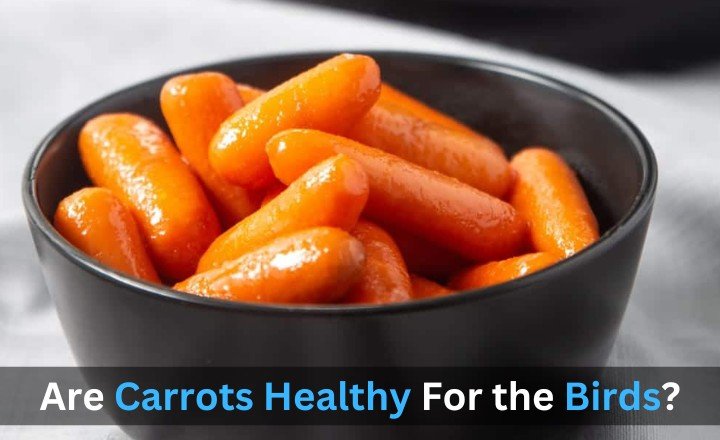
In contrast, Florida’s milder climate supports a diverse range of bird species that may have different dietary preferences. For instance, tropical fruit-eaters might show less interest in root vegetables like carrots compared to seeds or insects.
Advantages of Carrots For the Birds
Feeding birds carrots can be a surprisingly beneficial endeavor, promoting both their health and your backyard’s vibrant ecosystem. Carrots are packed with essential nutrients like beta-carotene, which not only enhances the plumage of certain bird species but also supports their immune systems. This rich source of antioxidants helps prevent various illnesses, making it an ideal supplement for both migratory and resident birds that may need an extra energy boost during breeding or harsh weather conditions.
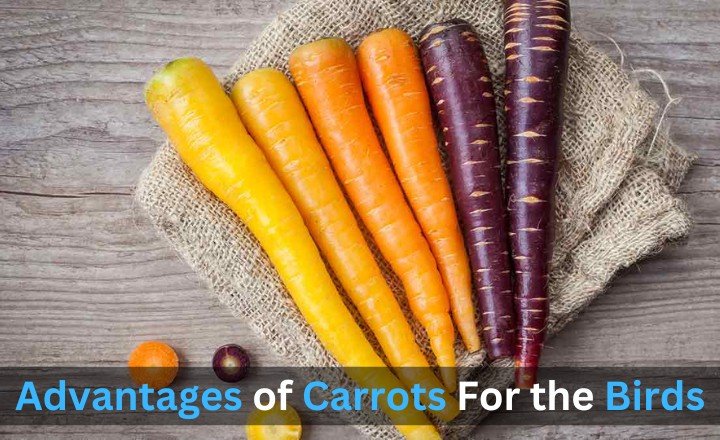
Offering finely chopped or grated carrots attracts a broader variety of bird species than traditional seeds alone. Birds such as finches and sparrows exhibit an affinity for this crunchy treat, while more adventurous types like woodpeckers enjoy pecking at whole pieces hung from feeders or tree branches. This addition to your feeding routine encourages biodiversity in your backyard while providing avian visitors with alternative food sources vital for their well-rounded diets.
Disadvantages of Carrots For the Birds
While carrots are often touted as a healthy treat for many pets and wild animals, they may not be the best option for feeding birds. One significant drawback is that carrots are high in sugar compared to other vegetables, which can lead to energy spikes followed by sudden crashes. This rapid fluctuation can stress birds’ digestive systems, particularly in species that thrive on seeds and insects with lower carbohydrate content.
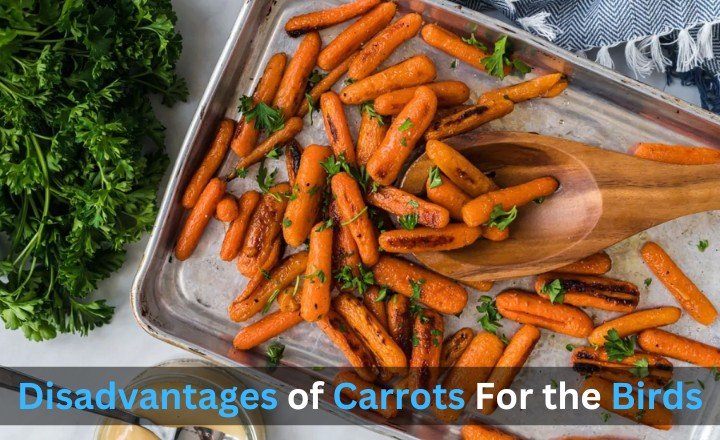
Raw carrots present a choking hazard due to their hard texture. Smaller bird species may struggle to manage the toughness of raw carrot pieces, making it difficult for them to eat without risking injury. In addition, carrots lack some essential nutrients that many birds require for optimal health. While providing variety is key in avian diets, relying too heavily on carrots can deprive them of more appropriate sources of calcium or protein found in leafy greens or seeds tailored specifically for bird consumption.
Tips For the Bird Owners
Feeding carrots to birds can be a delightful experience, but it’s essential to prepare them properly. Before offering this vibrant vegetable, ensure they are washed thoroughly and cut into small, manageable pieces. This not only makes it easier for your feathered friends to eat but also enhances their safety by reducing the risk of choking.
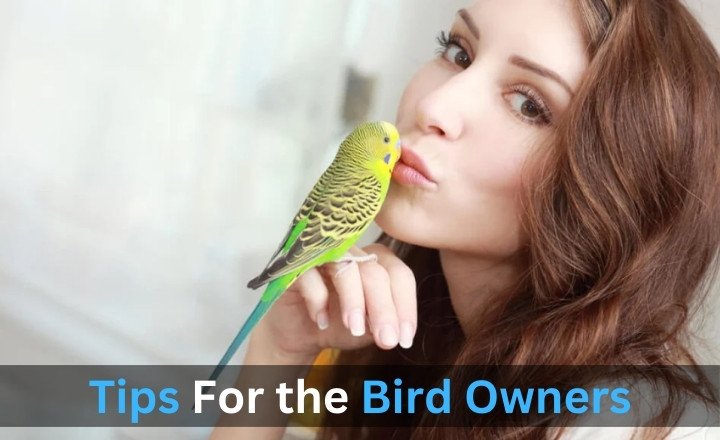
Consider offering both raw and cooked carrots, while raw retains more nutrients, lightly steaming them can make certain vitamins more bioavailable. Another tip is to introduce carrots gradually into their diet. Birds can be creatures of habit, so mixing grated or chopped carrots with their regular seeds or pellets can help pique their curiosity without overwhelming them.
Concluding Thoughts on ‘Can Birds Eat Carrots’
Carrots can be a nutritious addition to the diets of many bird species, providing essential vitamins and minerals that contribute to their overall health. It’s important to prepare them properly by ensuring they are washed, peeled, and cut into manageable pieces to prevent any choking hazards. While some birds may enjoy the crunchy texture and natural sweetness of carrots, others might be less inclined to try them, introducing new foods gradually can help with this. Always observe your birds’ reactions and consult with a veterinarian if you’re uncertain about specific dietary needs.
FAQs
What Vegetables Are Safe For Birds?
When considering what vegetables are safe for birds, think beyond the typical offerings. Many bird enthusiasts might focus on leafy greens like kale and spinach, but there’s a treasure trove of options waiting to be explored.
Can We Give Carrots To Love Birds?
When considering the diet of lovebirds, it’s essential to focus on variety, and carrots can indeed play a role in their culinary delights. These vibrant veggies are not only visually stimulating but also packed with nutrients that can benefit your feathered friends.
Will Crows Eat Carrots?
Crows are incredibly adaptable omnivores, known for their diverse diet that spans from insects to fruits and even scraps from human food. While crows typically prefer more protein-rich food sources, such as meat or nuts, they can indeed nibble on carrots.
Are Carrot Tops Safe Sor Birds?
Carrot tops, often discarded as kitchen scraps, can serve as a nutritious treat for birds. Packed with vitamins A and C, these leafy greens can boost the immune system of birds.

